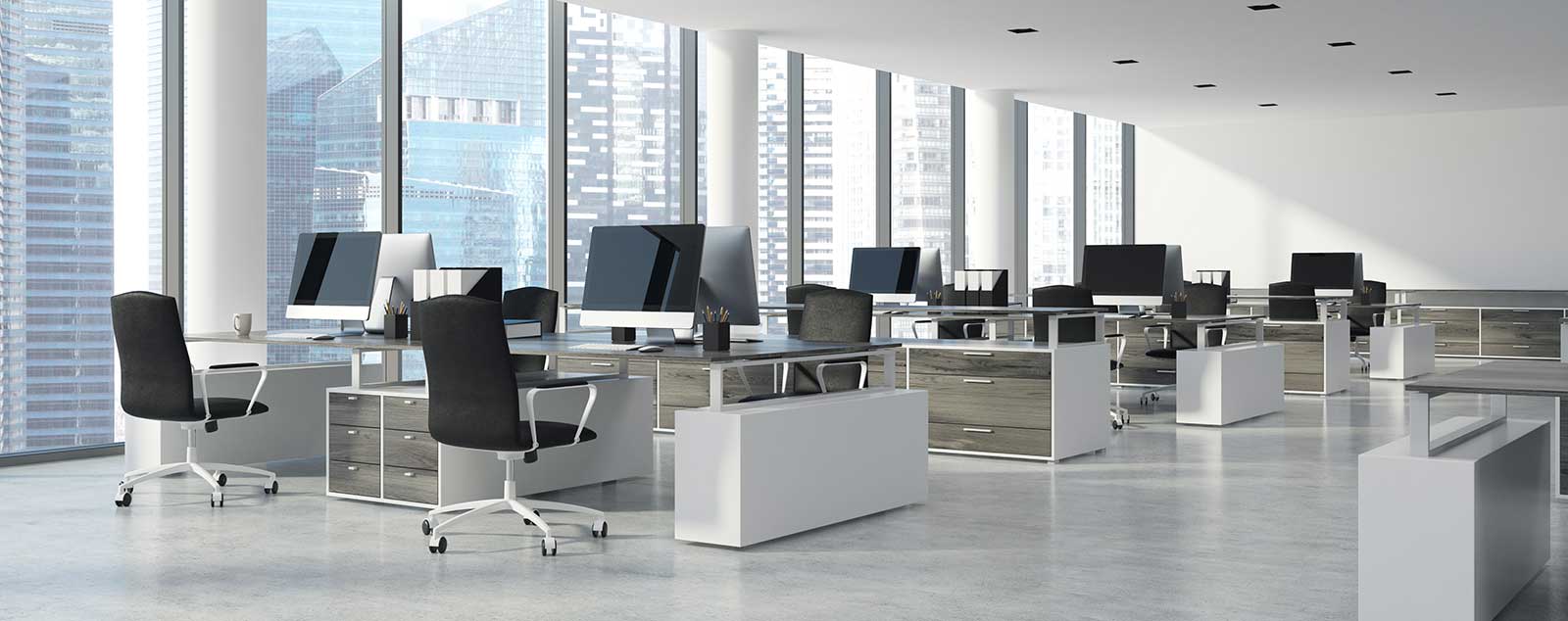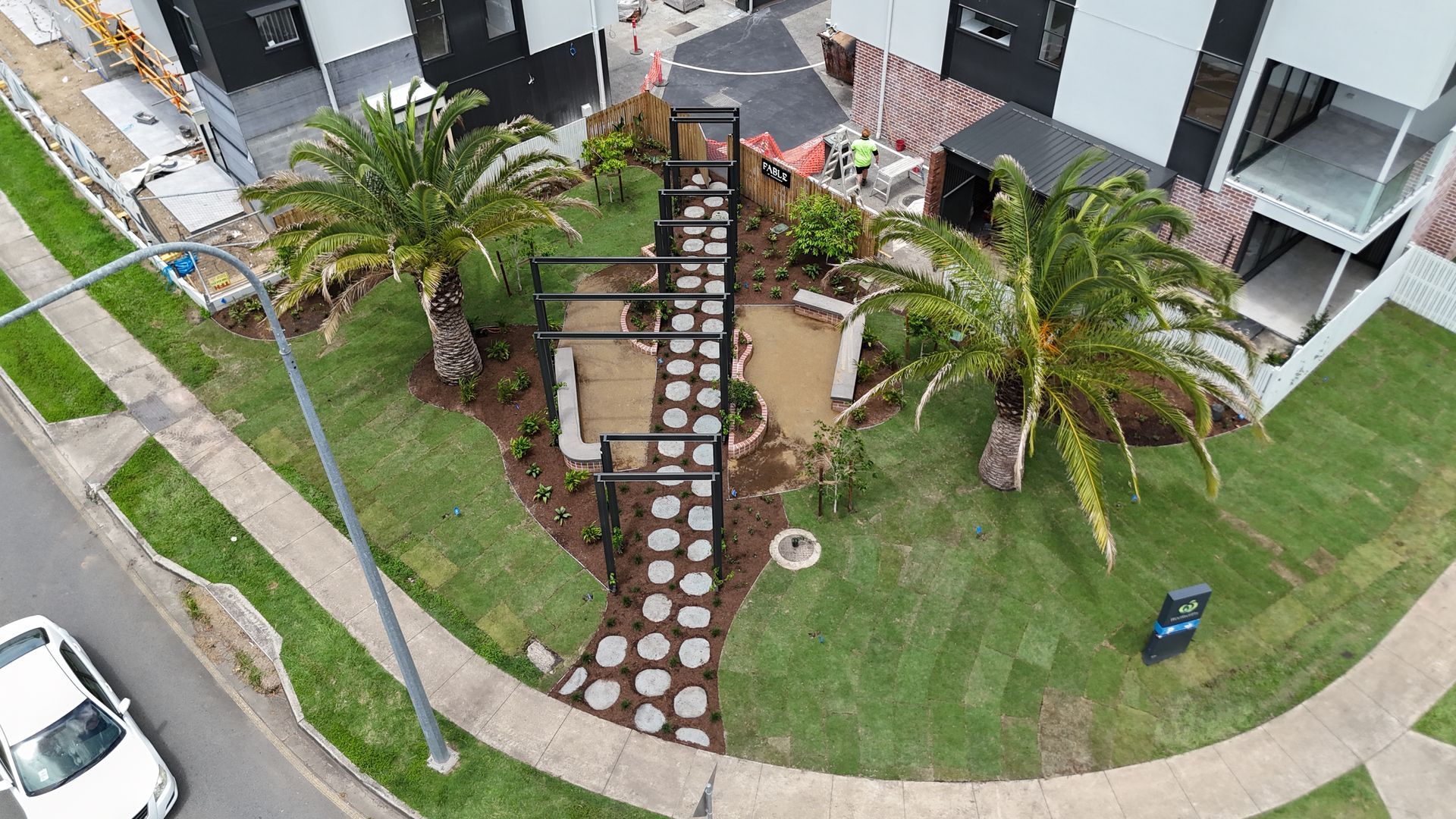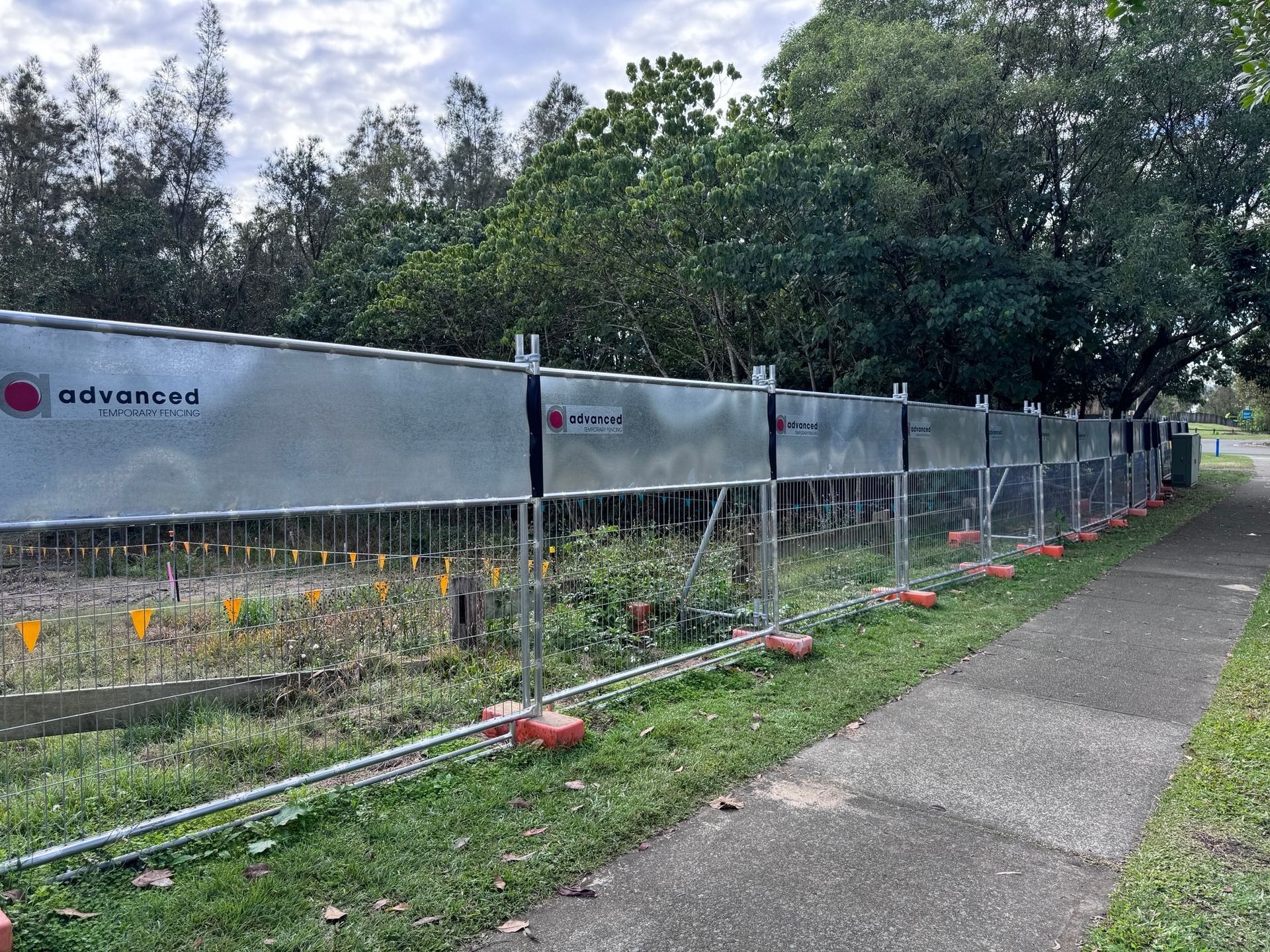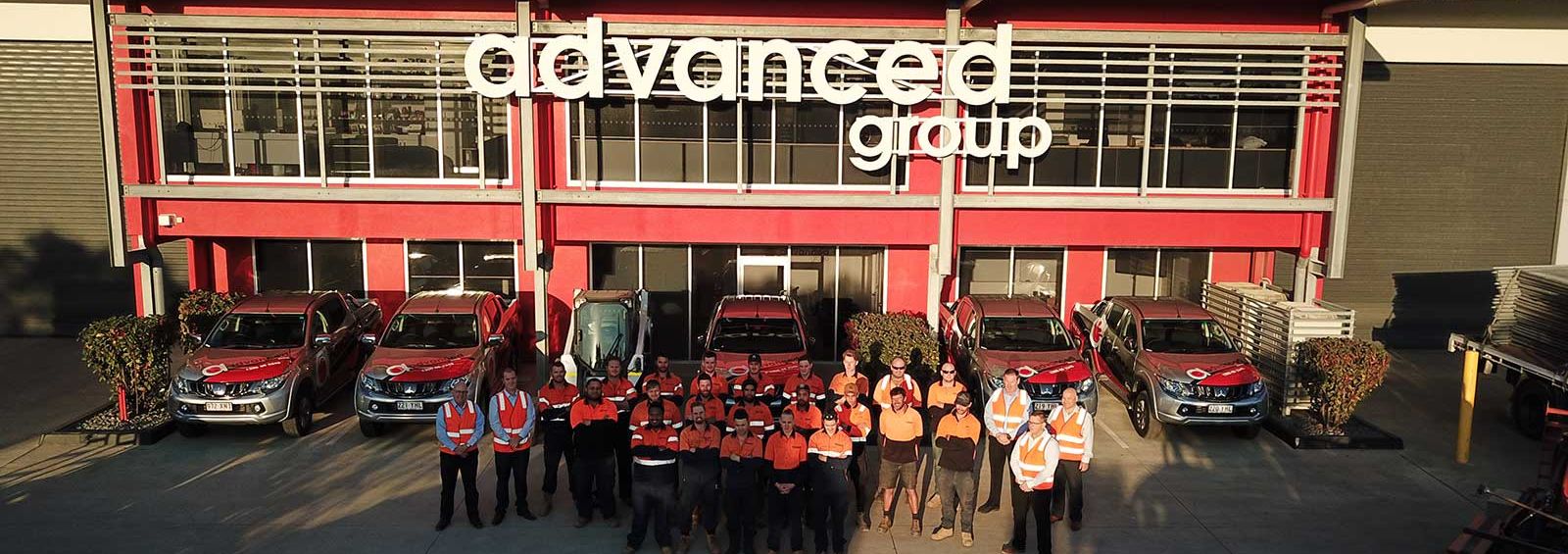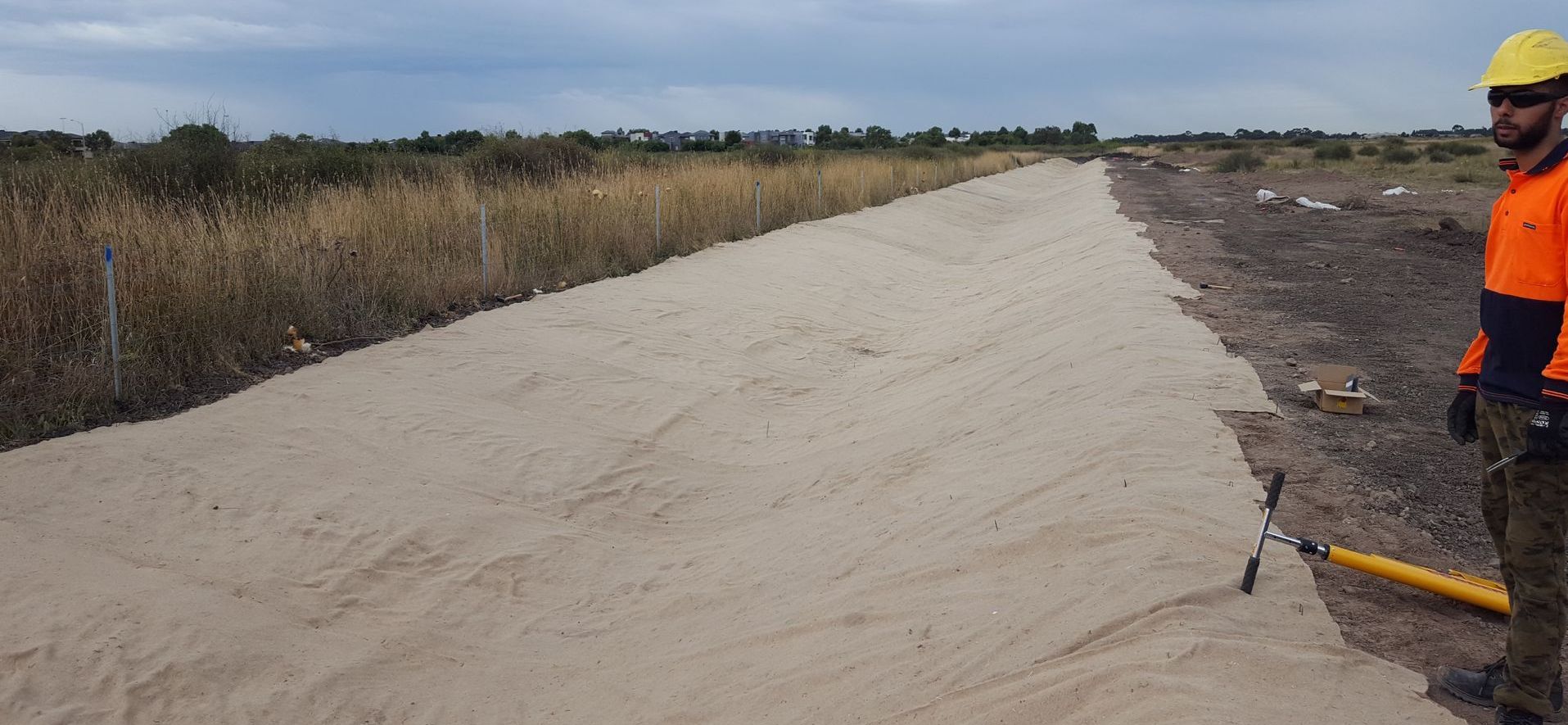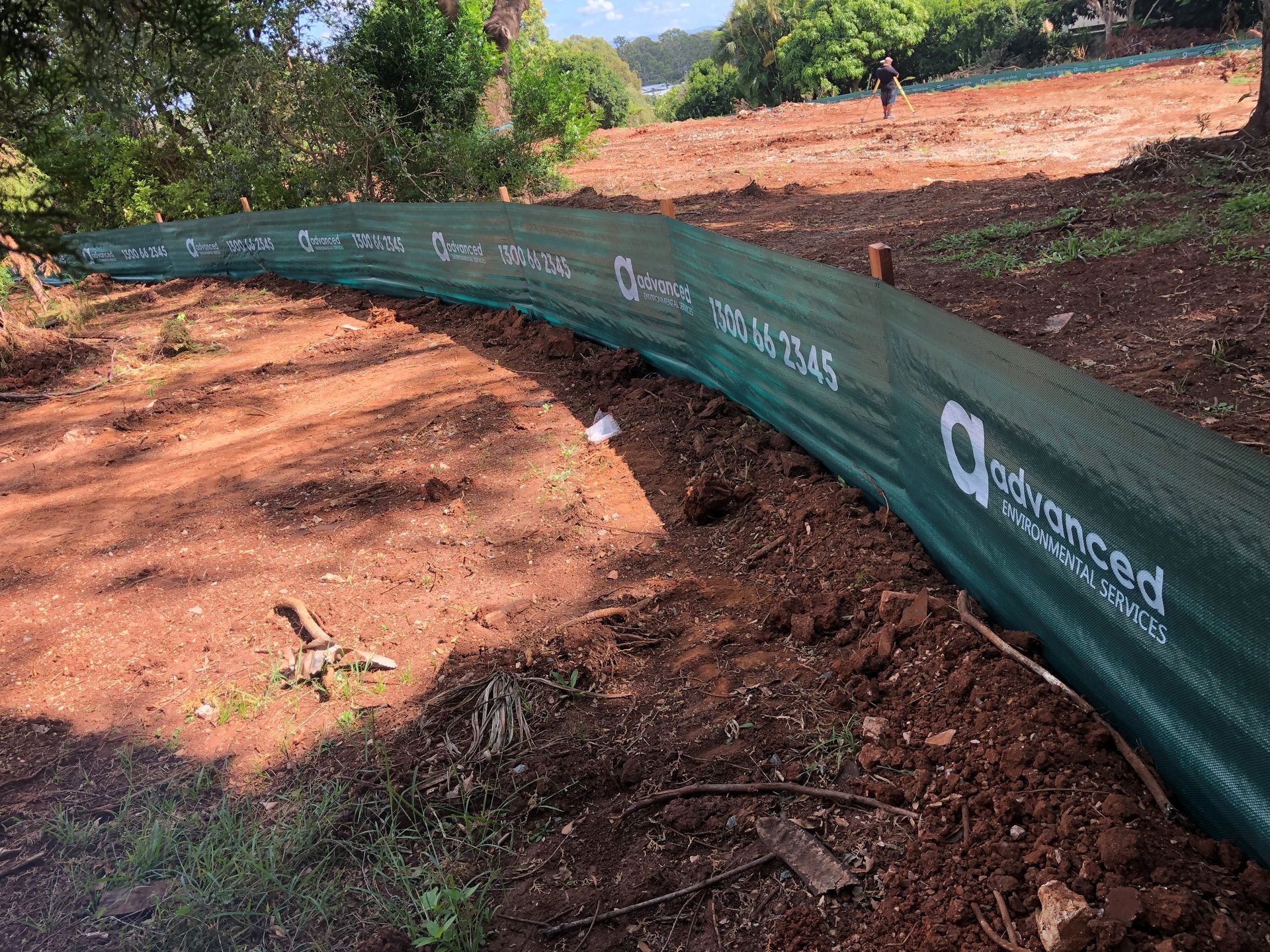Germ Warfare: Winning the Hygiene Battle in Australian Childcare Centres
Maintaining Cleanliness and Hygiene in Childcare Centres
Childcare centres play a crucial role in the development and well-being of young children, providing a safe and nurturing environment for learning and growth. However, with children being naturally curious and prone to sharing toys, food, and even germs, maintaining high hygiene standards is essential. In Australia, childcare providers must adhere to strict health and hygiene regulations to protect children from illness and ensure a safe environment.
The Role of Hygiene in Australian Childcare Centres
Young children have developing immune systems, making them more susceptible to infections and contagious diseases. In a previous article, My Doctor stated that “Infections are very common in young children. In fact, it’s not unusual for a preschool child to have up to 10 infections per year. That’s because they are in frequent close contact with many other children, and infectious illnesses can spread easily from person-to-person” (myDr, 2018). Poor hygiene practices can lead to outbreaks of illnesses such as gastroenteritis, influenza, and hand-foot-and-mouth disease, which can spread rapidly in childcare settings. Effective cleaning and hygiene measures help reduce the risk of transmission, ensuring a healthier space for both children and staff.
Australian Health Standards for Childcare Hygiene
Australia has established rigorous health standards to safeguard children in early learning environments. The National Quality Framework (NQF) and National Quality Standard (NQS) set out clear guidelines for hygiene practices in Australian childcare centres. Additionally, the Australian Children's Education & Care Quality Authority (ACECQA) provides best practices for maintaining a clean and safe learning environment.
Some key hygiene regulations include:
- Hand Hygiene: Staff and children must wash hands frequently, especially after toileting, before meals, and after handling bodily fluids.
- Cleaning and Sanitisation: Regular cleaning of toys, surfaces, and shared equipment is mandatory. High-touch areas such as door handles, light switches, and play areas require frequent disinfecting.
- Food Safety: Safe food handling practices must be followed to prevent foodborne illnesses. This includes proper storage, preparation, and serving of meals.
- Nappy Changing and Toileting: Childcare Centres must have designated changing areas with proper disposal systems and sanitisation protocols.
- Illness and Exclusion Policies: Clear policies on excluding sick children and staff help prevent the spread of contagious illnesses.
Best Practices for Hygiene in Australian Childcare Centers
- Encouraging Proper Handwashing: Teaching children the importance of handwashing with soap and water for at least 20 seconds helps instill lifelong hygiene habits. Providing visual reminders and making handwashing a fun activity can increase compliance.
- Implementing a Robust Cleaning Schedule: Childcare centers should have structured cleaning routines to ensure all areas remain sanitary. Using child-safe disinfectants and ensuring proper ventilation can minimise health risks.
- Promoting Personal Hygiene Among Staff and Children: Staff should model good hygiene practices, including wearing gloves when handling food or changing nappies and using tissues or elbows when sneezing or coughing.
- Educating Parents on Hygiene Policies: Clear communication with parents about hygiene expectations and sick leave policies can help reinforce hygiene practices at home and prevent illness from spreading into the center.
Maintaining high cleaning and hygiene standards in childcare centers is not just about compliance; it is about ensuring the safety and well-being of young children. By following Australian health standards, and implementing best hygiene practices, Australian childcare providers can create a healthier environment that fosters learning, growth, and peace of mind for parents and caregivers. Prioritising hygiene is an investment in the future health of Australia’s children. For further information on how The Advanced Group can assist you with your next childcare cleaning job, click here.
References
myDr (2018).
Childhood infections: minimising the spread. [online] MyDr.com.au. Available at:
https://mydr.com.au/kids-teens-health/childhood-infections-minimising-the-spread/.


